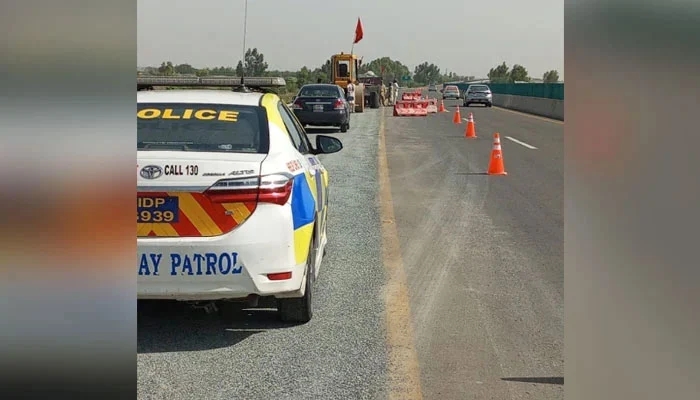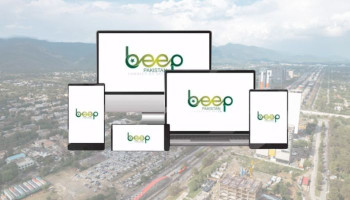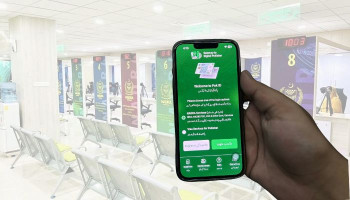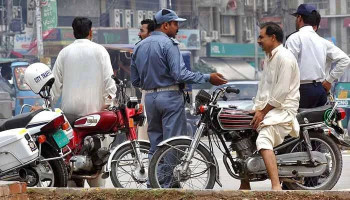
The Motorway Police in Pakistan has recently launched an e-ticketing app, marking a significant milestone in streamlining ticketing, reducing errors, and improving compliance.
The app aims to replace paper tickets, offering a more precise and efficient method of handling traffic violations. Drivers will get online tickets, and the system can track violations, and more.
The e-ticketing app will automatically fill in driver details to issue tickets, expediting the procedure. This allows officers to focus on diligently monitoring traffic and enforcing road safety regulations. The system also tracks violations and collects points. Drivers who accumulate too many points will face license suspension, promoting greater adherence to traffic laws.
The digital system is built to boost transparency and accountability, reducing the likelihood of errors and the potential for corruption associated with traditional systems. This automated procedure ensures that penalties are applied fairly and consistently and that law enforcement is more transparent.
In addition, the e-ticketing app offers a more reliable way to manage traffic violations, contributing to the effective enforcement of road laws.
The app reflects the broader efforts of the Motorway Police to enhance road safety. With the diversified network of Motorway and the efficient use of advanced technologies like speed guns and radars, road safety is likely to be improved. Motorway Police are paving the way for a viable future in road transportation.
Overall, the e-ticketing app is a progressive initiative by the Motorway police to improve compliance, eliminate corruption, and enhance road safety.















